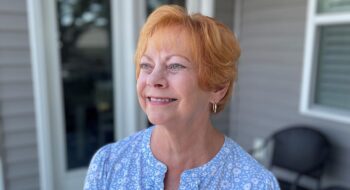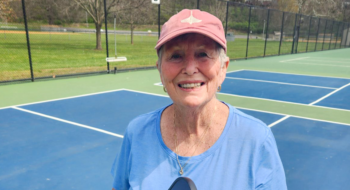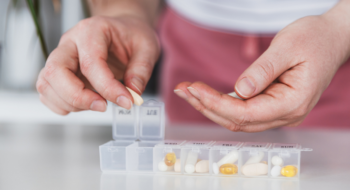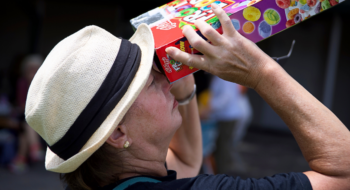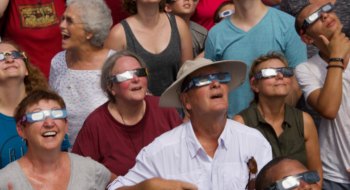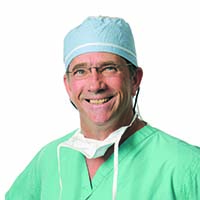The average American woman has a one in eight chance of developing breast cancer during her lifetime, but the risk is significantly higher for some women.
That’s why the American College of Radiology issued new guidelines encouraging all women – particularly Black and Ashkenazi Jewish women – to have their risk for breast cancer assessed by age 25 to determine if they need to start regular breast cancer screening earlier than 40, the age recommended for women at average risk for the disease.
“Helping younger women understand their risk may help them change their lifestyles,” says Tidelands Health breast surgeon Dr. Craig Brackett, medical director of the health system’s breast health program. “They know someone is looking out for them.”
Risk factors
A number of different factors can influence a woman’s predisposition for breast cancer.
Black women, for example, are more likely to die from the disease due to a variety of factors such as disparities in access to health care, increased risk for aggressive types of cancers and more, according to the nonprofit BreastCancer.org.
For Ashkenazi Jewish women – those with roots in Central or Eastern Europe – the risk of developing breast cancer lies in their genes. Ashkenazi Jewish women are 25 times more likely than the general population to carry BRCA1 or BRCA2 gene mutations associated with higher breast cancer risk.
High risk
According to the American Cancer Society, women who are at higher risk of breast cancer include those who:
- Have a lifetime breast cancer risk of about 20-25 percent or greater, according to risk assessment tools that are based mainly on family history
- Have a known BRCA1 or BRCA2 gene mutation
- Have a first-degree relative (parent, brother, sister or child) with a BRCA1 or BRCA2 gene mutation and who have not had genetic testing themselves
- Had radiation therapy to the chest when they were between ages 10-30
- Have Li-Fraumeni syndrome, Cowden syndrome or Bannayan-Riley-Ruvalcaba syndrome or have first-degree relatives with one of these syndromes
By determining whether a woman is at high risk for the disease well before they would typically be screened for the disease, women can take the steps they need to reduce their risk of developing breast cancer and catch it in its early stages when treatment is more effective, according to Dr. Brackett, who offers care at the Murrells Inlet, Myrtle Beach and Georgetown locations of Tidelands Health Breast Center.
His advice to young women: “Understand your risk factors, be educated so you do the appropriate follow-up and take steps to reduce risk.”
If you have any questions, Dr. Brackett says, be sure to speak with your primary care or women’s health provider.
Meet the Expert
Dr. Craig Brackett
Call to Schedule

